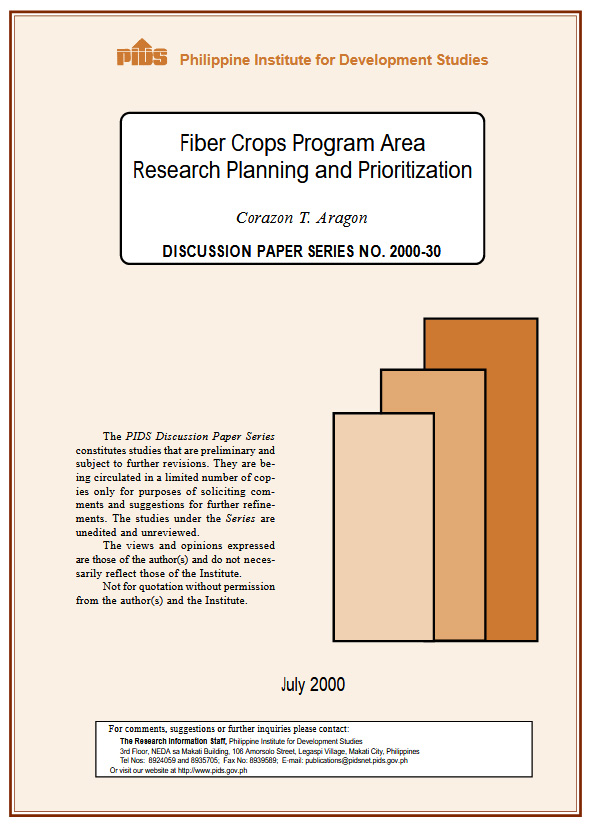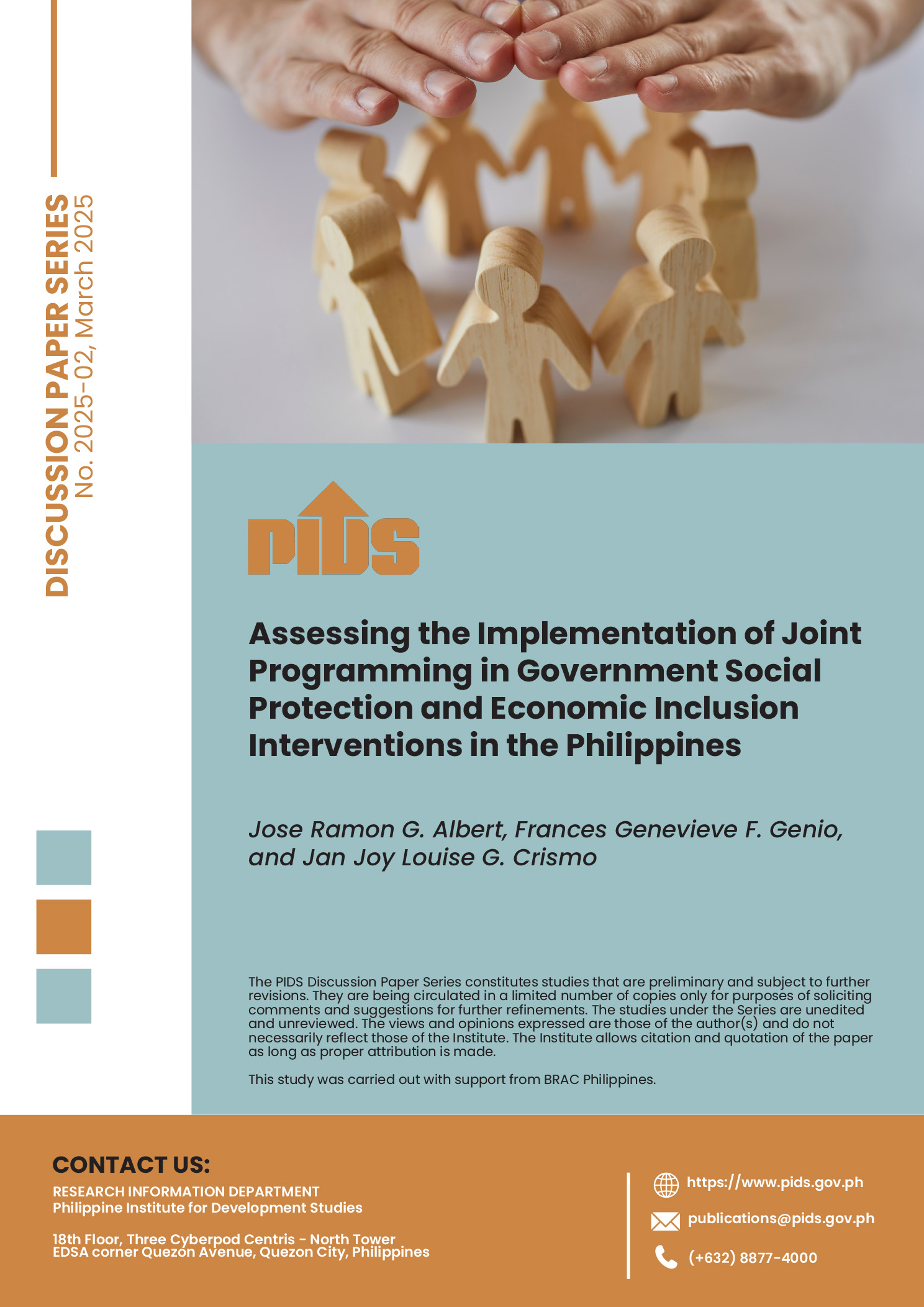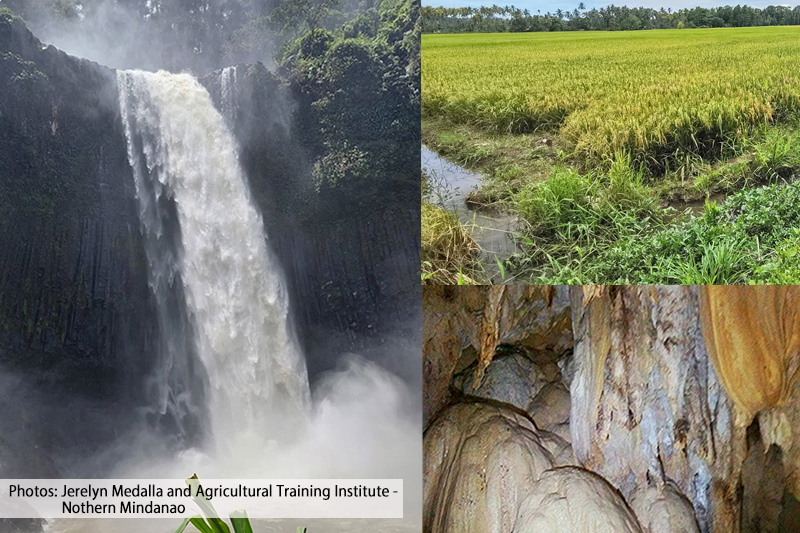The fiber crops industry is one of the country's major pillars in employment generation and foreign exchange earnings. However, recent trade developments and local production problems in the fiber crops industry might affect its long-term sustainability and viability. The reduction of trade barriers under the GATT-WTO implies that in order for the Philippines to be globally competitive, the country must exert all efforts to increase the productivity of Philippine fiber crops, lower the cost of production, and improve the quality of fiber and fiber products through technological developments. In recent years, the increasing share of Ecuador in the world market is threatening the Philippines’ position as the top producer of abaca. Abaca farmers in Ecuador are mechanizing and producing consistent quality fibers. Unless the weaknesses and threats in the abaca industry are faced, the country's market share in the world market for abaca fiber will continue to diminish. This paper, therefore, aims to present an industry profile with focus on domestic production, consumption, external trade, problems/constraints, and market potentials; review past researches on fiber crops, technologies generated, and the extent of participation of the private and public sectors; identify research and technology gaps for the fiber crops industry; identify strengths and weaknesses in the institutional structure of research and extension interface, as well as research complementation efforts; and suggest recommendations and R & D agenda for the fiber crops industry.













